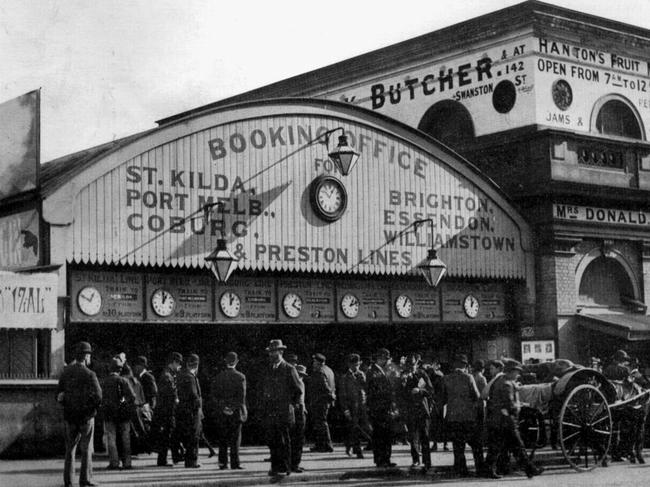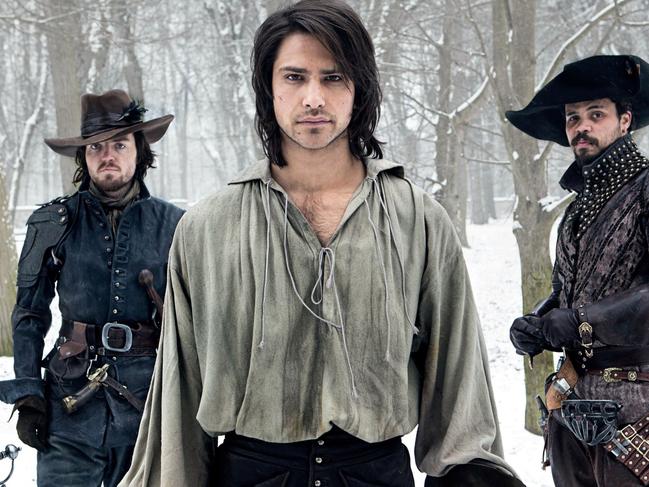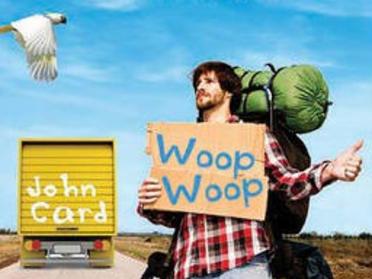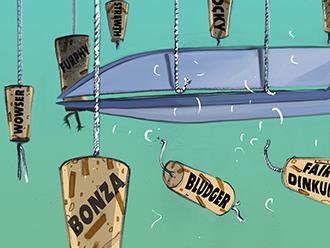
Dystopian future
ALTHOUGH often thought of as cautionary tales, post-apocalyptic narratives are rarely interested in what brought about the end of the world.

ALTHOUGH often thought of as cautionary tales, post-apocalyptic narratives are rarely interested in what brought about the end of the world.

BRITISH journalist, broadcaster and novelist Tony Parsons has written the first of what looks like being a series of crime thrillers.

PATRICK Buchanan describes Richard Nixon’s recovery from two defeats in the early 1960s as ‘‘the greatest comeback in political history’’.

ACCORDING to author Ruth Rae, this biography of Tony Windsor was written “because there was a gap in (our) political history”.

DEEPER Water is compelling and at times stunningly rich but it doesn’t hold the reader hostage in the same way as Jessie Cole’s first book.

HARUKI Murakami’s latest outing shows it is a mistake to underestimate the Japanese novelist’s simpler works.

AFTER an uncertain, somewhat flat start, Claire Gaskin’s collection Paperweight takes off with If I Hadn’t, something of a breakthrough poem.

THE Haitch Factor provides excellent promotion for the Macquarie Dictionary, of which Susan Butler has been the editor for some 30 years.

THE birth of her daughter changed the life of Australian writer Antonella Gambotto-Burke, yet Mama is anything but a book about a baby.

THE rehabilitation of Jane Franklin from wifely battleaxe to beautiful mind took a decisive step forward yesterday.

IN her lively and well-written book on various aspects of the convict system, Babette Smith’s analysis of the Irish is open to challenge.

An insightful new book considers 10 cities that helped make Britain great.

ONE of the oddities of the Man Booker Prize is that books can be longlisted and even shortlisted before they are published.

THE real value of Sophie Cunningham’s book about Cyclone Tracy is the author’s detailing of the survivors’ accounts.

MARK Latham has provided a definitive “yes” to the question of whether politicians can actually write.

IN this new novella in a literary horror series from Hammer, DBC Pierre turns his critical eye on our obsession with digital technology.

WHEN we meet Michael Ardenne, the antihero of Ian Shadwell’s Slush Pile, it has been more than a decade since he won the Man Booker Prize.

HE’S sold six million books but even his neighbours haven’t heard of him. Meet Michael Robotham.

A NEW television series based on Alexandre Dumas’s 1844 book The Three Musketeers proves we still need good guys.

A TRAVEL memoir based on the author’s experience of hitchhiking around Australia in the late 2000s, Hitchy Feet introduces us to John Card.

A TURN in the cultural tide is robbing some Australian English words of their currency.

MY nine-year-old co-reviewer, Syd recently found time in his busy schedule to help me sort through the picture books we’d read so far this year.

IF it’s one mark of a good book that it grabs you from the very first, then Paddy O’Reilly’s slightly creepy new novel is the business.

HERE Come the Dogs is an ambitious exploration of Omar Musa’s recurring concerns about identity, class and masculinity.

AMAZON is appealing to book lovers’ budgets, claiming its battle with publisher Hachette is about making sure they pay less for digital titles.

OLD controversies are being revisited in the year of Dylan Thomas’s birth centenary.

IN his new novel, Demons, Wayne Macauley has ingeniously refurbished an old tale to capture the perplexing vacuity of a generation.

SCOTT Eyman’s excellent John Wayne: The Life and Legend will deepen the writer’s reputation as an authority on American film.

FOR Melbourne writer Anne Manne, author of The Life of I, the rise of narcissism is an issue of cultural significance.

HUGE congratulations to Richard Flanagan for making the Man Booker Prize longlist for his superb novel The Narrow Road to the Deep North.
Original URL: https://www.theaustralian.com.au/arts/books/page/200